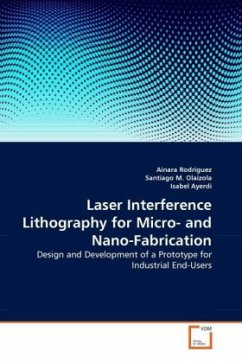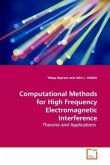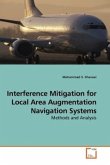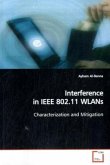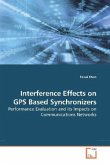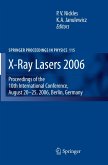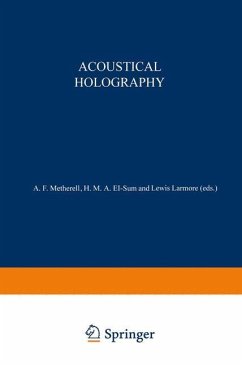There is an increasing interest in nanoscience and nanotechnology due to the new physics and chemistry that are accessible on the nanoscale and because of the large potential for new products and devices that they provide. Therefore, the ability to fabricate structures on the nanoscale with high precision and in a wide variety of materials is a crucial issue for the development of the nanoscience and nanotechnology. Lithography and the other processes associated with it are the core of the nanotechnology revolution. One of the most promising techniques for the fabrication of structures on the nanoscale is Laser Interference Lithography (LIL). LIL, also known as holographic or interferometric lithography, is a well-established concept largely explored in lithography. However, a pulsed multi- beam LIL tool for nanoscale structuring of materials that can scale beyond laboratory prototypes into cost effective industrial processes is not yet defined. In this document, a versatile and automatic high-power multiple beam interference lithography system design capable of overcoming the limitations of manual setups is presented.

